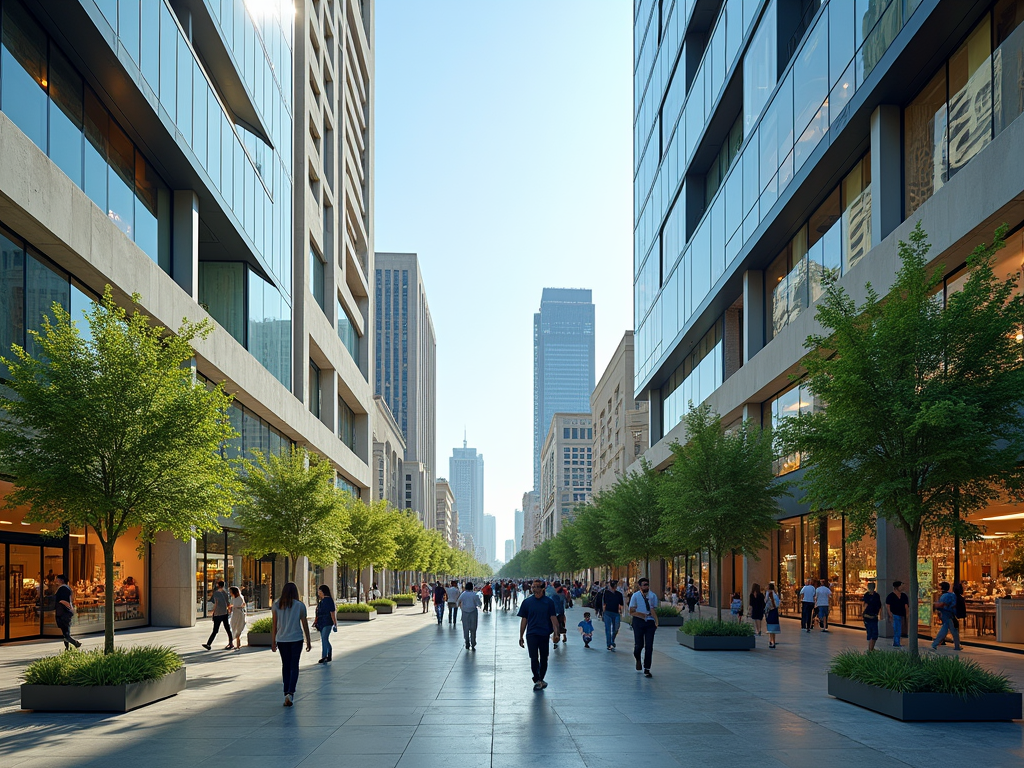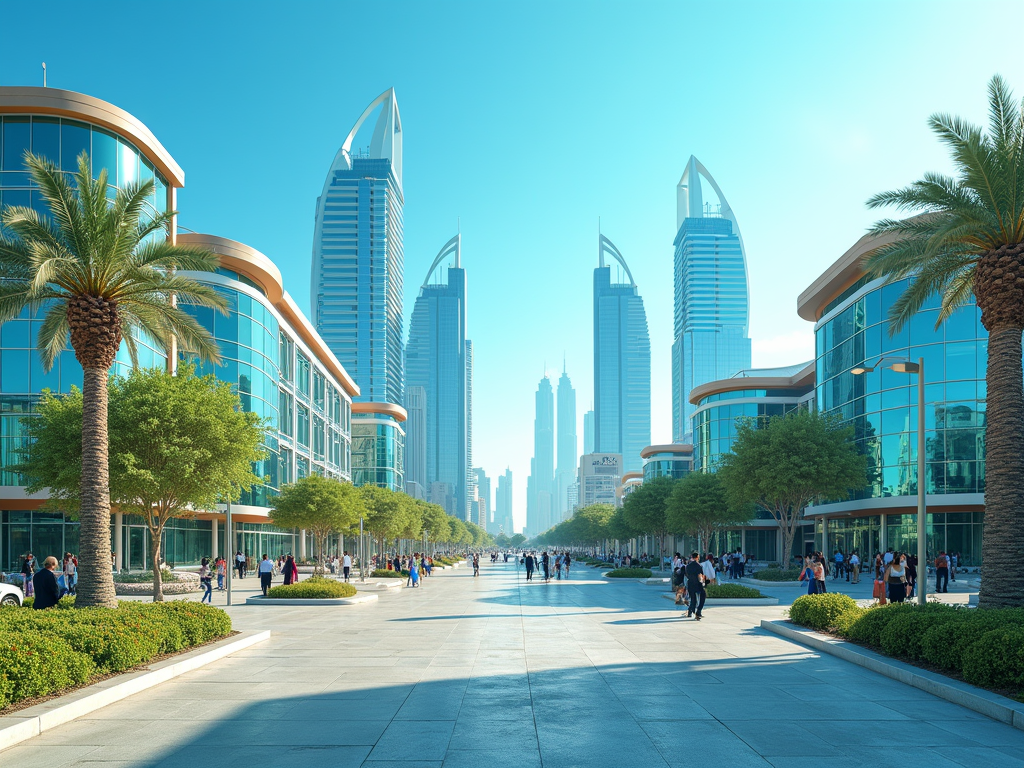Dubai’s real estate market has gained international recognition as a hotspot for investment, characterized by a combination of high returns and strategic growth potential. With a diverse range of properties, favorable regulations, and an ever-expanding infrastructure, Dubai offers numerous opportunities for both domestic and international investors. Investing in real estate here is not just about purchasing property; it is about securing a stake in a rapidly developing region with an eye on future growth.
Why Invest in Dubai’s Real Estate Market?

Dubai stands out as one of the most dynamic and attractive real estate markets in the world. Several key factors make it an enticing destination for investors:
- Tax-Free Environment: One of the biggest draws is Dubai’s tax-free status on property ownership and rental income, significantly enhancing the potential return on investment.
- High Rental Yields: Investors typically enjoy rental yields of 6% to 10%, which is substantially higher compared to many global cities.
- Robust Economic Growth: The UAE economy is projected to continue expanding, underscoring the reliability and growth potential of its real estate sector.
- World-Class Infrastructure: With ongoing mega-projects and modern transport links, the infrastructure in Dubai is continuously improving, making access to properties more convenient.
- Diverse Property Options: From luxury villas to high-end apartments and commercial spaces, the variety of properties caters to different budgets and preferences.
Types of Properties Available in the Market
Dubai’s real estate market is characterized by distinctive property types that serve various investment strategies. Understanding these types can help investors choose the right investment avenue:
1. Residential Properties
Residential properties range from high-rise apartments to sprawling beachfront villas. The residential segment is often popular among both expatriates and locals seeking long-term rentals or a place to call home.
2. Commercial Properties
Investing in commercial properties, such as office space or retail outlets, offers substantial opportunities. These properties often come with longer lease terms and higher returns, attracting businesses looking to establish a presence in Dubai.
3. Off-Plan Properties
Off-plan properties provide an opportunity to buy at a lower price before completion. These investments can yield massive gains as property values often increase during the project’s construction phase.
4. Luxury Properties
Dubai is renowned for its luxury real estate, with properties featuring opulent designs and unparalleled amenities. This segment attracts high-net-worth individuals looking for prestigious investments.
Regulatory Advantages for Investors
Dubai’s regulatory framework is designed to encourage foreign investment in real estate, offering several significant advantages:
- 100% Foreign Ownership: Investors can own property outright without needing a local partner, especially in designated freehold areas.
- Investor Visas: Purchasing property above a certain value grants investors residency visas, allowing them and their families to live in the UAE.
- Simple Property Transactions: The process for buying real estate is straightforward, supported by established legal frameworks ensuring transparency and efficiency.
- No Inheritance Tax: Dubai does not impose an inheritance tax on properties, making it an attractive proposition for wealth preservation.
- Strong Developers: The market features reputable developers with a history of delivering quality projects on time, providing confidence to potential buyers.
Final Considerations for Investors
As with any investment, entering Dubai’s real estate market requires careful planning and consideration. Potential investors should consider their investment goals, risk tolerance, and the long-term growth trajectory of the market. Additionally, engaging with professional advisors can provide insights into current market conditions, legal requirements, and investment strategies tailored to individual needs. By taking these factors into account, investors can navigate the Dubai real estate landscape effectively.
Conclusion
Dubai’s real estate market presents a unique set of investment opportunities driven by its strategic location, robust economy, and favorable regulations. With a variety of property types available and a transparent legal framework, now is an opportune moment for investors to consider entering this dynamic market. Careful research and engagement with industry experts can lead to successful and rewarding investments in Dubai’s thriving real estate landscape.
Frequently asked questions
1. What is the average return on investment in Dubai’s real estate market?
The average rental yield in Dubai ranges from 6% to 10%, depending on the property type and location.
2. Do I need a local partner to buy property in Dubai?
No, foreigners can own property outright in designated freehold areas without a local partner.
3. Can foreign investors obtain a residency visa through property investment?
Yes, purchasing property above a certain value allows investors to apply for residency visas in the UAE.
4. Are there any taxes on rental income in Dubai?
No, Dubai does not impose any income tax on rental income, making it a tax-efficient investment location.
5. What types of properties are most popular among investors in Dubai?
Residential properties, commercial real estate, and luxury properties are among the most sought-after by investors in Dubai.


